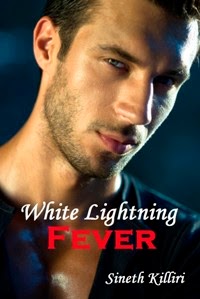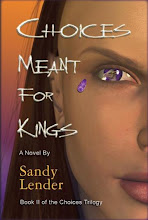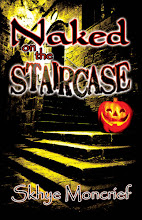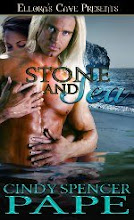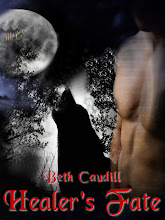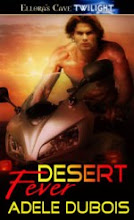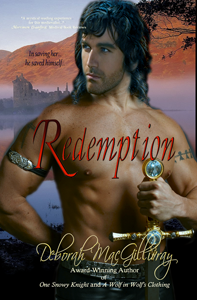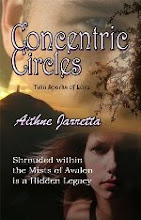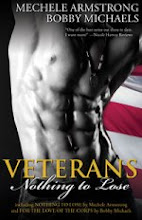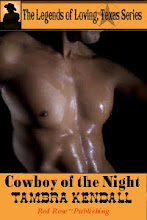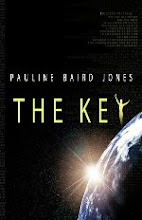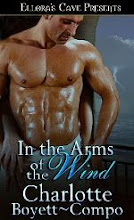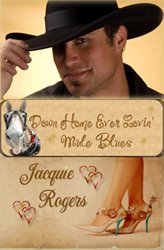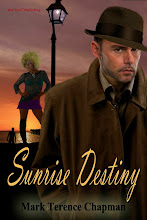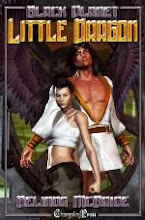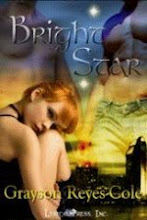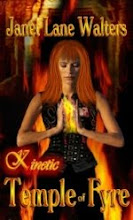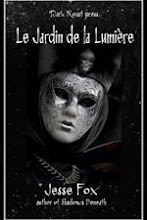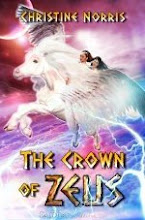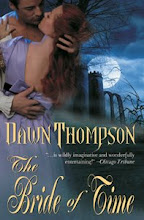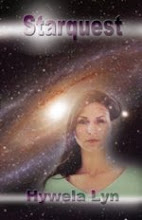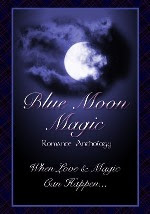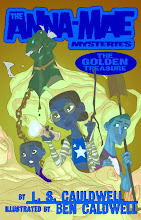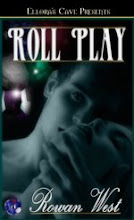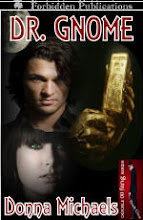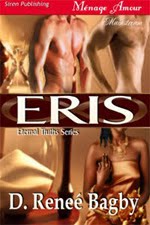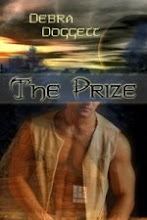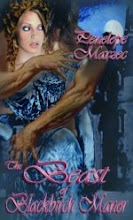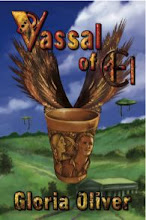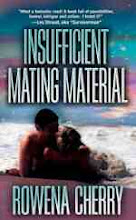Today we have a Q & A with Wendy Burt-Thomas. She is a full-time freelance writer, editor and copywriter with more than 1,000 published pieces. Her third book, "The Writer's Digest Guide to Query Letters" hit stores in January 2009. To learn more about Wendy or her three books, visit www.GuideToQueryLetters.com. If you have a writing-related question, you can also post it on
http://AskWendy.wordpress.com.

1. Q: Can you tell us about your book?The book was a great fit for me because I'd been teaching "Breaking Into Freelance Writing" for about eight years. In the workshop, I covered a lot of what is in this book: writing query letters to get articles in magazines, to land an agent, or to get a book deal with a publisher. Since I'm a full-time freelance magazine writer and editor with two previous books, this was incredibly fun to write because it didn't require tons of research. I was lucky enough to receive lots of great sample query letters from writers and authors that I use as "good" examples in the book. I wrote all the "bad" examples myself because I didn't dare ask for contributions that I knew I'd be ripping apart!
In addition to the ins and outs of what makes a good query, the book covers things like why (or why not) to get an agent, where to find one and how to choose one; writing a synopsis or proposal; selling different rights to your work; other forms of correspondence; and what editors and agents look for in new writers.
It was really important to me that the book not be a dry, boring reference book, but rather an entertaining read (while still being chock full of information). I was thrilled that Writer's Digest let me keep all the humor.
2. Q: Why are query letters so important?Breaking into the publishing world is hard enough right now. Unless you have a serious "in" of some kind, you really need a great query letter to impress an agent or acquisitions editor. Essentially, your query letter is your first impression. If they like your idea (and voice and writing style and background), they'll either request a proposal, sample chapters, or the entire manuscript. If they don't like your query letter, you've got to pitch it to another agency/publisher. Unlike a manuscript, which can be edited or reworked if an editor thinks it has promise, you only get one shot with your query. Make it count!
I see a lot of authors who spend months (or years) finishing their book, only to rush through the process of crafting a good, solid query letter. What a waste! If agents/editors turn you down based on a bad query letter, you've blown your chance of getting them to read your manuscript. It could be the next bestseller, but they'll never see it. My advice is to put as much effort into your query as you did your book. If it's not fabulous, don't send it until it is.
3. Q: You're also a magazine editor. What is your biggest gripe regarding queries?Queries that show that the writer obviously hasn't read our publication. I'll admit that I did this when I was a new writer too – submitted blindly to any publication whose name sounded even remotely related to my topic. One of the examples I use was when I submitted a parenting article to a magazine for senior citizens. Oops! A well-written query pitching an article that's not a match for the magazine isn't going to get you any further than a poorly written query.
4. Q: There's an entire chapter in the book about agents. Do you think all new writers should get agents?Probably 99% of new writers should get an agent. There are lots of reasons, but my top three are:
1) Many of the larger publishing houses won't even look at unagented submissions now; 2) Agents can negotiate better rights and more money on your behalf;
3) Agents know the industry trends, changes and staff better than you ever could.
5. Q: You've been a mentor, coach or editor for many writers. What do you think is the most common reason that good writers don't get published?Poor marketing skills. I see so many writers that are either too afraid, too uniformed, or frankly, too lazy, to market their work. They think their job is done when the write "the end" but writing is only half of the process. I've always told people who took my class that there are tons of great writers in the world who will never get published. I'd rather be a good writer who eats lobster than a great writer who eats hot dogs. I make a living as a writer because I spend as much time marketing as I do writing.
6. Q: What are some of the biggest misconceptions that writers have about getting a book deal?That they'll be rich overnight, that they don't need to promote their book once it's published, that publishing houses will send them on world book tours, that people will recognize them at the airport. Still, you can make great money as an author if you're prepared to put in the effort. If it wasn't possible, there wouldn't be so many full-time writers.
7. Q: What must-read books do you recommend to new writers?Christina Katz (author of "Writer Mama") has a new book out called "Get Known Before the Book Deal" - which is fabulous. Also, Stephen King's "On Writing" and David Morrell's "Lessons from a Lifetime of Writing." Anything by Anne Lamott or my Dad, Steve Burt.
8. Q: What's the biggest lesson you've learned as a full-time writer?Seize every opportunity - especially when you first start writing. I remember telling someone about a really high-paying writing gig I got and he said, "Wow. You have the best luck!" I thought, "Luck has nothing to do with it! I've worked hard to get where I am." Later that week I read this great quote: "Luck is when preparation meets opportunity." It's absolutely true. And writing queries is only about luck in this sense. If you're prepared with a good query and/or manuscript, when the opportunity comes along you'll be successful.
9. What did you enjoy most about writing this book?Writing the "bad" query letters. I've read – and written! – so many horrible ones over the years that it was a little too easy to craft them. But misery loves company and we ALL love to read really bad query letters, right?
10. Q: What do you want readers to learn from your book?I want them to understand that while writing a good query letter is important, it doesn't have to be overwhelming. You can break it down into parts, learn from any first-round rejections, and read other good queries to help understand what works. I also want them to remember that writing is fun. Sometimes new writers get so caught up in the procedures that they lose their original voice in a query. Don't bury your style under formalities and to-the-letter formatting.


Wendy Burt-Thomas on getting Query Letters right






